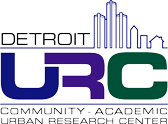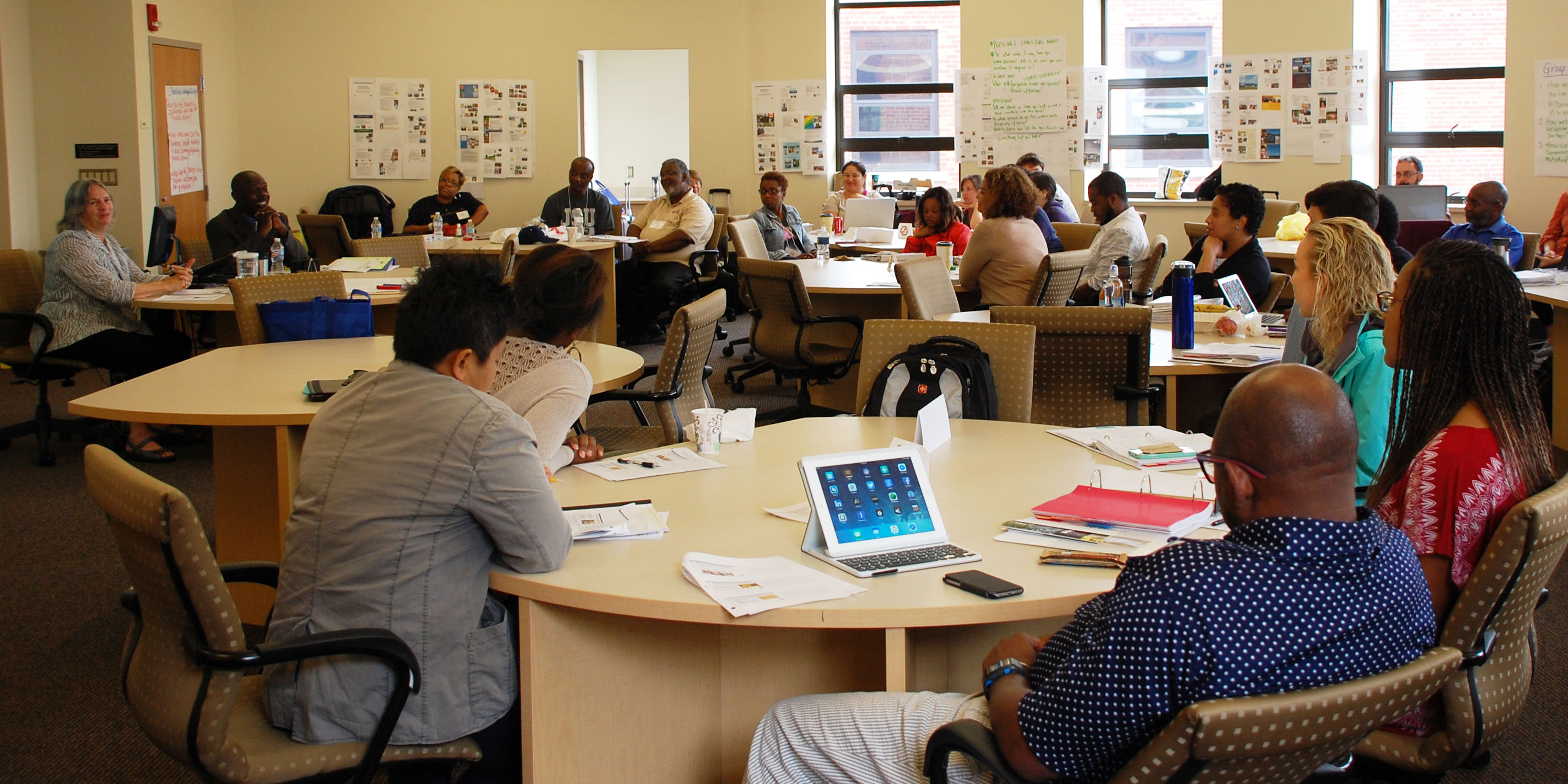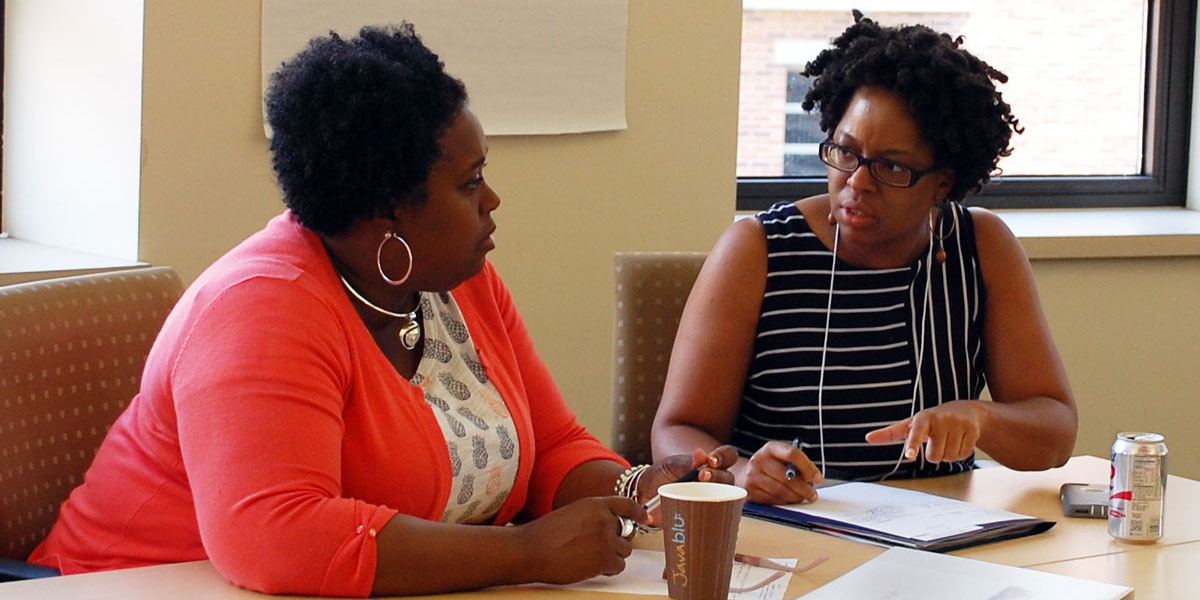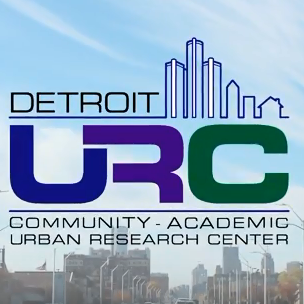| Funding Source | National Institute of Environmental Health Sciences (NIEHS) (2005-2010) |
| Goals & Objectives: |
The HEP Lean and Green in Motown (LGM) project aims to better understand relationships between the built environment, physical activity and dietary practices, and to assess the impact of interventions that include environmental change efforts on increasing physical activity and promoting healthy diets. LGM objectives are:
|
| Communities Involved: |
African-American, Hispanic and white residents living in eastside, southwest and northwest Detroit. |
| Partners: |
Brightmoor Community Center, Detroit Department of Health & Wellness Promotion, Detroit Hispanic Development Corporation, Friends of Parkside, Henry Ford Health System/AIMHI, Rebuilding Communities Incorporated, and University of Michigan School of Public Health and A. Alfred Taubman College of Architecture and Urban Planning. |
| Intervention: |
|
| Outcome Indicators: | Change over time in physical activity and dietary practices; change over time in greenway use in three communities; change over time in availability of opportunities for physical activity. |
| Methods & Analyses: | Follow up with survey participants; observational data collection of greenway use in three communities. |
| Results: |
Data collection and analysis in progress. For more information on the Healthy Environments Partnership and its programs, visit http://www.sph.umich.edu/hep/. |











![[USE THIS] 2017 DWEJ logo_Horizontal](/cache/widgetkit/gallery/44/[USE THIS] 2017 DWEJ logo_Horizontal-64638c1e16.png)
